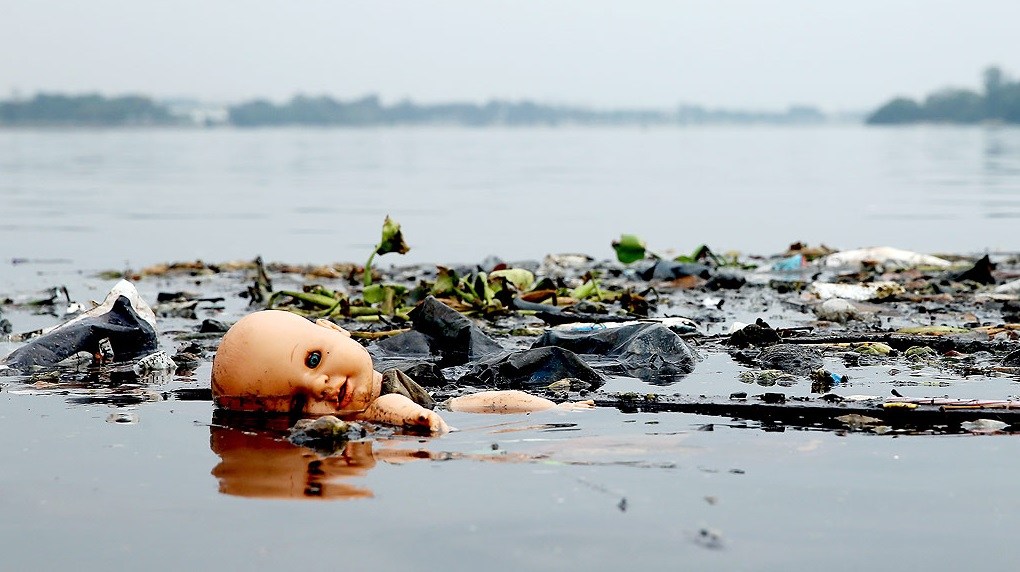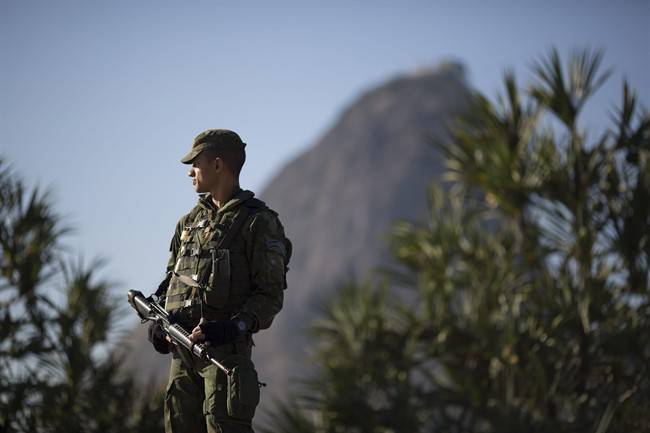
The 2016 Rio Olympics are going to start this upcoming week with opening ceremonies scheduled for Friday, August 5th. The games are meant to showcase the best of the human spirit in international athletic competitions. However, with a huge list of concerns for athletes and tourists alike, it’s really hard to know what to expect at the quickly-approaching games. With all of the concerns, I wouldn’t be surprised if the general viewing public isn’t even looking forward to the games as much as they might normally be.
Firstly, there are the athlete withdrawals associated with the Zika virus, withdrawals that appear to be knee-jerk reactionism to overblown fears. The virus is one that can be spread by mosquitoes and unprotected sex, with symptoms ranging from mild fever to birth defects if the infected person is a pregnant woman. Brazil, the host country of the Olympics, “is one of the 58 countries and territories which to-date report continuing transmission of Zika” (World Health Organization) and the pre-Olympic media coverage on the dangers of the virus has therefore been immense.
Athletes that have withdrawn over Zika are numerous. Milos Raonic, Tomas Berdych, Simona Halep, Dustin Johnson, and Rory McIlroy are but a few of the athletes who cited the disease as a reason, whether whole or in part, for pulling out.
But Margaret Chan, the chief of the WHO, has gone on the record recently regarding Zika and Rio. She says that the “the risk of Zika infection is low for an individual, and it is manageable.” Apparently, if you really want to decrease your chances of getting Zika, a few dollars on mosquito repellent and few more dollars on condoms, if needed, would go a long way. Furthermore, for all the media attention and all the athletes that have pulled out of Rio, there are studies out there now that suggest that Zika concerns hold little merit.
Last week the Annals of Internal Medicine published a report with a few different authors. In the report, a calculated percentage was offered pertaining to how many people might be infected in Rio based on “worst-case estimates.” What that means is that authors are making calculations under what they call “pessimistic conditions,” not necessarily objective ones. With that in mind, the authors’ estimate is that “an individual traveler’s probability of acquiring an infection in Rio de Janeiro ranges from 1 in 56300 to 1 in 6200.”
On that note, let’s not forget that Zika symptoms don’t always produce birth defects – the symptoms are typically “mild” if detected at all. What it’s all tantamount to is that basically tons of qualified athletes have skipped Rio for what might be a 1 in 56300 chance of getting a fever.
I think that some of these Zika-fearing athletes that announced that they were missing the Olympics merely used the virus as a kind of scapegoat. “I have to think about my health and my family,” the story often went. “I’m not interested in the Olympics and Zika is my way out,” might have been more honest in some cases. If the decision to miss Rio was a thoughtful one, then why wouldn’t the incredibly low-percentage chances of getting the disease have been factored in? If you are so scared of Zika then the old adage about not crossing the street certainly applies, because there are greater dangers on the public sidewalk and in intersections.
Heading into Rio, it certainly looks like winning a gold medal isn’t what it used to be. With that message, fans are certainly permitted to be a little unenthralled.
But, if Zika concerns aren’t enough, there are also health concerns pertaining to water competitions in Rio. According to an article at Independent.co, “Athletes competing in the 2016 Olympic Games in Brazil have been warned…to keep their mouths shut while participating in activities in the water.” The danger is that swallowing water that might “have been long contaminated with raw sewage…and even dead bodies” could cause illness (Independent). This is also a concern for tourists that use the beaches.
Apparently winning an Olympic medal isn’t going to be just about strength, endurance, and mental fortitude in Rio. Dealing with sewage, garbage, and contamination from dead people promise to make the water events more like an episode of Fear Factor.
For rowers, not only are they fighting the natural conditions while rowing, but they also have to make sure they don’t row into garbage that slows down their pace.
“It’s possible you hit while sailing some plastic or you don’t know what,” Victoria Jurczok, a 26-year old that’s part of Germany’s sailing team claimed in June. “It can either damage the boat or slow you down.”
Seems that these straight point-to-point races are going to be more like unevenly-balanced obstacle courses with the gold medal going to whichever competitor doesn’t have a warehouse pallet in his or her lane. A lifetime of training for success in a sport could boil down to something the athlete can’t control.
Another negative issue that has received extensive coverage is that of the fate of the Russian competitors. There was some madness in recent weeks about the entire Russian Olympic team being banned from Rio. The idea grew after allegations and conclusions of state-sponsored doping among Russian athletes.
But the idea of a blanket ban was recently abandoned, and Russian athletes can now compete, for the most part, if they can prove they are clean. However, it certainly must have been a major distraction at the worst time for them to not know if they could compete at all. Arguably the issue has affected the preparations of numerous of the Russian athletes, and it will make some Olympic competitions less even-handed. Some will say the Russians deserve this fate, however, I don’t see justice in painting everyone with the brush.
Zika, dirty water, and Russian doping aside there are still plenty of other smaller issues surrounding Rio. Athletes are being robbed, the accommodations have been called “unlivable,” there are pictures of guards with semi-automatic weapons in front of a “Welcome Center,” and police have ‘welcomed’ people to Rio with banners that read “Welcome to Hell.”
It has certainly crossed my mind that a lot of the reports preceding the Rio Olympics are propagandistic in nature. The games are in Brazil, they are not a world power, and they are certainly vulnerable to bias from English-speaking press coverage.
A fair question might be if the Olympics were being held in the USA, would news readers have been bombarded for the last few months about the worst of the American experience? If so similar reports regarding America might suggest that visiting the USA is nothing more than risking police execution, having your kid dragged away by an alligator, being a statistic in a mass shooting, or getting eaten by a shark on the east coast. Furthermore, some fringe disease that affects 1 in 56300 might be conjured up by a propagandist as being ready to go viral – even with easily-affordable defense mechanisms available.
For the legit problems affecting Rio, a lot of them may simply highlight discrepancies in wealth between nations. When it comes to the robberies, the substandard accommodations, and underfunded policing services you have to think that if Brazil was a first-world country, then some of these problems would be far less significant. Could it be that international competitions are going to be awarded exclusively to first-world countries after this experience? In fact, I wouldn’t be surprised if that’s all the first-world press has been trying to do all along the last few months.
But overall my feeling is that the games won’t actually be the catastrophe that the mainstream media is suggesting they will be. I think the concerns about the games are half substance and half sensationalism.
Yet I still wouldn’t really blame anybody for being off-put by the quickly-approaching Olympics even before they start. The tantamount preview of the games from all the reports is one of cheating, pollution, theft, disease, terrorism, fear, and paranoia. Whatever the Olympics are supposed to be about, those are the major themes of the Rio games as the opening ceremonies approach. Whether the themes are genuine, a result of propaganda, or a mixture the organizers of the games appear to have a strong river to swim against starting on Friday.



